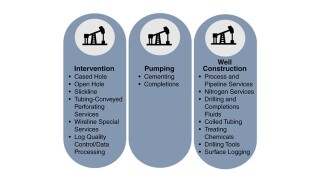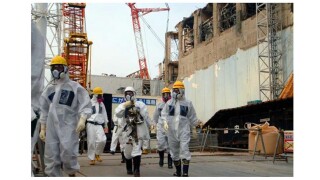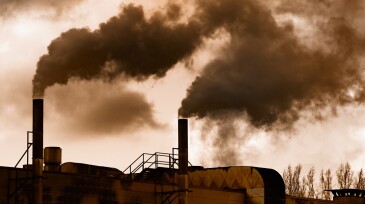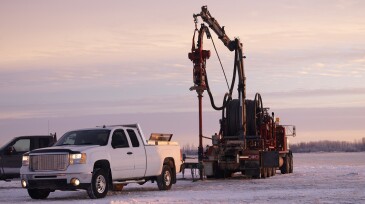Health
This paper examines how real-time monitoring can improve both incident prevention and emergency response in the oil and gas industry. Drawing from real-world examples and case studies, it provides practical strategies for implementing this technology effectively.
This paper describes a risk-based self-verification process conducted through a bespoke software application.
This paper discusses and demonstrates the limitations of quantitative risk assessment (QRA) with respect to the usefulness of the concept in managing day-to-day and emerging risks as well as the effect of change.
-
The agency estimated the updated standard will prevent up to 4,500 premature deaths and 290,000 lost workdays, yielding up to $46 billion in net health benefits in 2032.
-
By incorporating AI-powered solutions, companies can tailor wellness plans to cater to the diverse needs of their workforce, fostering a more inclusive and supportive environment.
-
The current report presents data reported by 30 IOGP member companies for 2022.
-
Food and water safety is of paramount importance to the effective functioning of the oil and gas industry. Diseases related to food and water are major contributors to project morbidity and can have significant and adverse effects on workforce productivity, particularly during large-scale construction phases of a project.
-
Vehicle-related accidents contributed to more than a quarter of worker deaths in the oil and gas extraction industry over a recent 6-year period, according to a report from the CDC.
-
The legislation would require oil and gas companies to pay into a fund that would cover health expenses for workers and their families.
-
The organizations have created health performance indicators (HPIs) to be used by organizations in the oil and gas industry. The published guidance for applying these HPIs has been updated in several aspects, including recognition of the importance of mental health.
-
The objective of this paper is to advocate for the practice of mental hygiene as an occupational health and safety solution to safeguard mental health and enhance psychological resilience of the workforce in the oil and gas industry.
-
While personal protective equipment has not traditionally had the technological capabilities to help prevent worker injury due to human error, the latest safety innovations, such as gas detection wearables, can help provide visibility and data-driven insights.
-
Offshore workers engaged in rotating shift work may face an increased risk of prostate cancer, according to the results of a study from the University of Oslo and the Cancer Registry of Norway.













